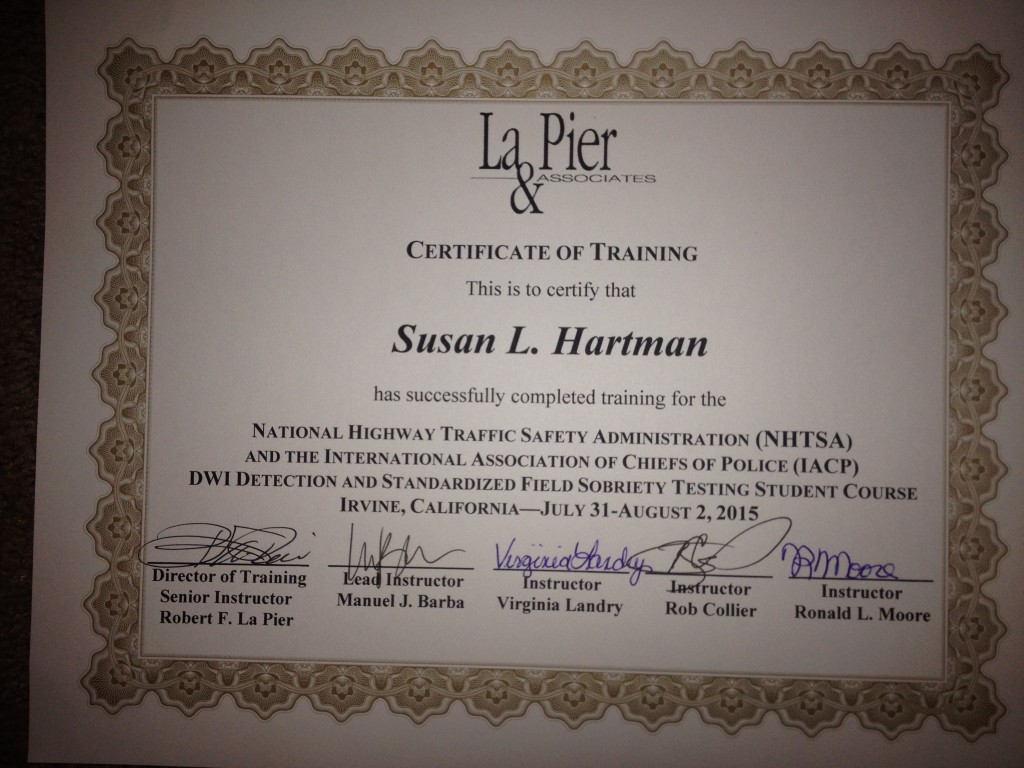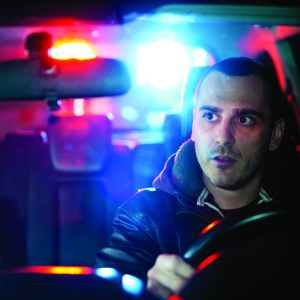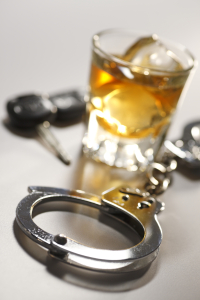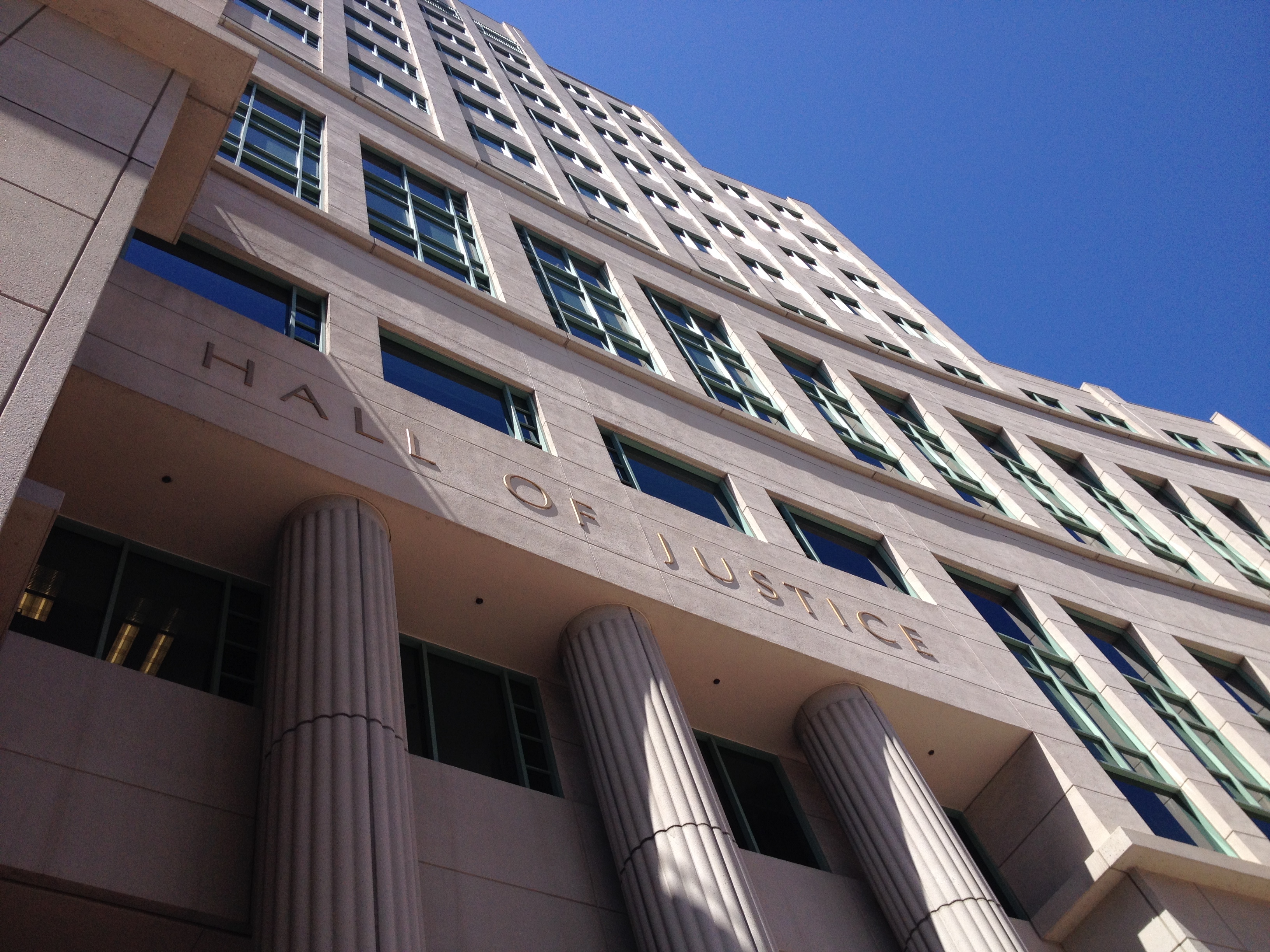This is the very question that is currently before the Supreme Court of the United States, (see David Riley v. State of California). The ruling can potentially impact anyone who is arrested while having a cell phone in their possession.
In August of 2009, San Diego college student, David Riley, was pulled over by a cop from the San Diego Police Department, for having expired tags on his Lexus. The officer ran Riley’s information and found that he was driving on a suspended license. The vehicle was impounded and an inventory search of the vehicle was conducted to document the contents.
Riley was then arrested for carrying concealed and loaded weapons that were found during the search of his car. His cell phone was found and seized. It was a smartphone, with internet access, capable of storing photos, videos, voicemail messages, and emails. The officer conducted a cursory search of the phone at the scene and then a detective went through the phone more thoroughly at the police station. The officer found some text messages that contained the letters CK, which he believed referred to “Crip Killers,” a gang reference to the “Bloods.” In addition, the photos showed what appeared to be the defendant with a car that was thought to be used in a shooting.
Subsequent to the cell phone search, Riley was arrested in connection with the shooting. It was further alleged that the defendant was a member of a gang and the crimes were committed for the gang’s benefit, thus exposing him to enhanced penalties.
Prior to the trial, the defense motioned the court to suppress all of the evidence obtained by the cell phone search, as it was done without a warrant and without exigent circumstances, thus violating the Fourth Amendment of the United States Constitution. The judge denied the motion, finding that the search was legally conducted incident to the arrest.
The first trial hung but the second resulted in a guilty verdict. Riley appealed claiming the warrantless search of his phone was unconstitutional.
The Law Offices of Susan L. Hartman agrees with Riley, the Petitioner in this case. The new smartphones are not just phones. They are basically small computers that store a lot of personal information. If an officer confiscates a smartphone incident to a lawful arrest, law enforcement should be required to get a search warrant in order to search the contents of that phone. Without the warrant, any evidence found during that illegal search should be excluded from trial, as well as any evidence that is found because of the information that is gathered during the illegal search of the phone, (fruit of the poisonous tree doctrine).
Stay tuned as the Supreme Court of the United States is expected to announce its decision on this issue in June.
If you’re charged with a crime in San Diego, it is imperative that you know your rights and the law. Officers will use whatever they can to prosecute you. Protect your interests, hire a criminal defense attorney.
Continue reading ›
 San Diego DUI Lawyers Blog
San Diego DUI Lawyers Blog





 If you were arrested for
If you were arrested for